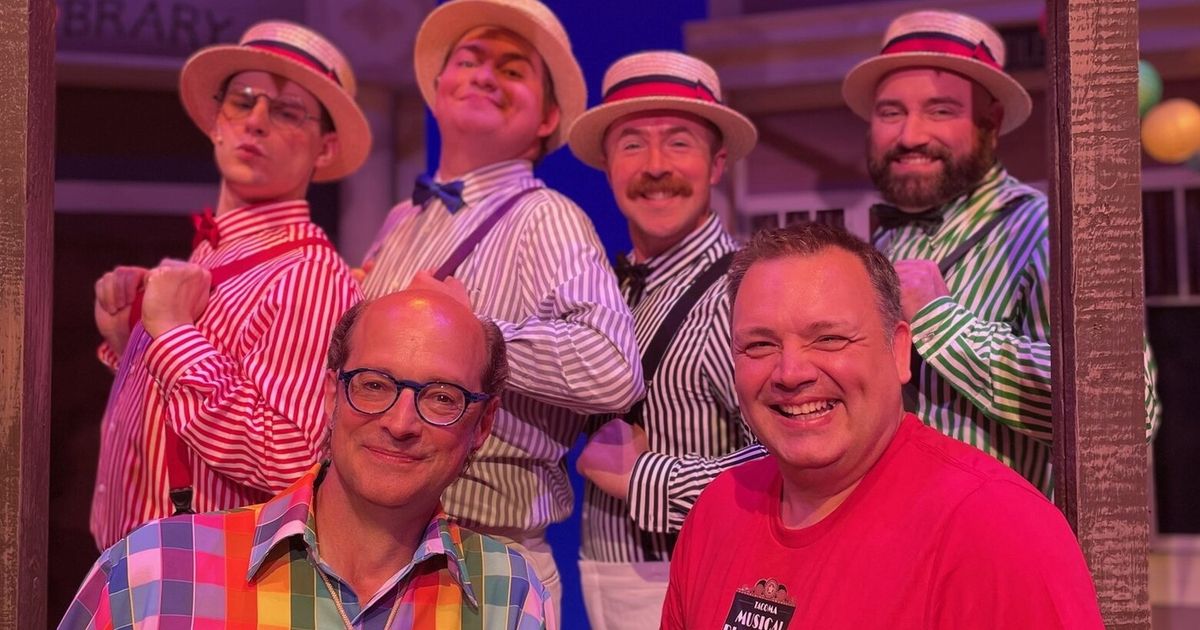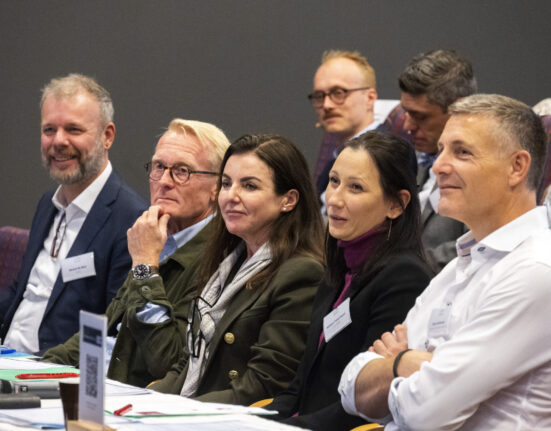My journey with the Seattle theater scene began in 1999 when I moved to this remarkable city. Over the years, I have been fortunate to participate as an actor and director on some of our largest stages, and I am particularly proud to have contributed to the foundation of the award-winning Reboot Theatre Company, now in its ninth year of production.
Seattle and the arts share an indelible connection. Our city has been a nurturing ground for many talented individuals and a springboard for incredible acts, from musical legends like Nirvana, Heart and Jimi Hendrix to the birth of acclaimed musicals such as “Hairspray,” “Catch Me If You Can” and “Young Frankenstein.” For the longest time, Seattle’s theater scene was ranked third only to New York City and Chicago. Regrettably, this is no longer the case.
One of my primary concerns is the gradual disappearance of arts spaces in Seattle. This decline is largely attributable to the proliferation of high-rise developments that allocate minimal ground-floor retail spaces. These storefronts often remain vacant for extended periods, rendering them inadequate for the flourishing of theater and other arts.
Additionally, I’d like to highlight the accessibility issues surrounding Theatre Puget Sound, whose performance and rehearsal spaces are in the Armory building at Seattle Center. With the opening of Climate Pledge Arena, accessing these facilities for artists has become significantly more challenging. In a recent production of “Jesus Christ Superstar,” our actors faced exorbitant parking fees due to nightly events at the arena. I spent $172 that week simply to access my rehearsal space without having to traverse the city carrying props.
It is imperative that we address the affordability of these rehearsal spaces for our artists, many of whom dedicate their time and energy to the arts despite modest compensation. The cost of pursuing artistic endeavors in Seattle is prohibitively high, leading many to participate out of passion rather than financial gain. However, the continued unaffordability of spaces, lack of parking, and accessibility issues may deter even the most dedicated artists from engaging in their craft.
During that same week, I overheard a member of a local community choir expressing her doubts about continuing her participation. She cited the steep parking costs and venue inaccessibility — she has a disability — as significant barriers to her involvement. This heartbreaking statement underscores the importance of addressing accessibility issues and ensuring that art remains an inclusive and accessible outlet for all.
Our neighborhoods are undergoing rapid transformation, often at the expense of affordable art spaces. Whether it is for painting, sculpture, theatrical arts, dance or live music, these spaces hold immense value for the residents and businesses in their vicinity. Neighborhoods that prioritize the arts are thriving, fostering strong bonds among residents and business owners alike.
I strongly believe that arts spaces are not just cultural assets but economic catalysts as well. They have the potential to revitalize neighborhoods and attract diverse businesses, creating opportunities for residents to explore new ideas, stories, and ways of working. Seattle should aim to be a city where the arts are accessible, inclusive and woven into the fabric of every neighborhood.
Possible solutions could include offering tax incentives to developers who allocate space for the arts or implementing programs through which developers can contribute to the artistic community. I envision a Seattle that not only restores its historical influence on music, theater, dance and other art forms but also becomes a thriving hub for creativity and cultural expression.
Without intervention, we risk the closure of more arts spaces and the dissolution of organizations that serve as outlets for the thousands of people who attend performances and art shows each year. I am deeply passionate about our city and its vibrant arts community, and I wholeheartedly desire to see it thrive for generations to come.
I implore the Seattle Arts Commission to investigate and address these pressing issues, taking meaningful steps toward a brighter future for the arts in our city.





